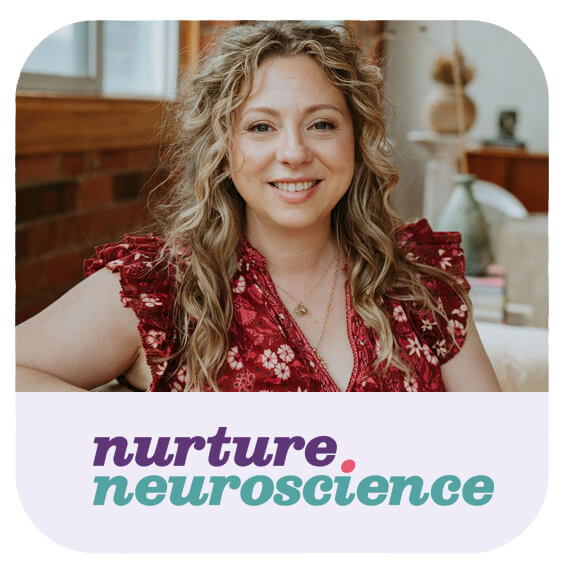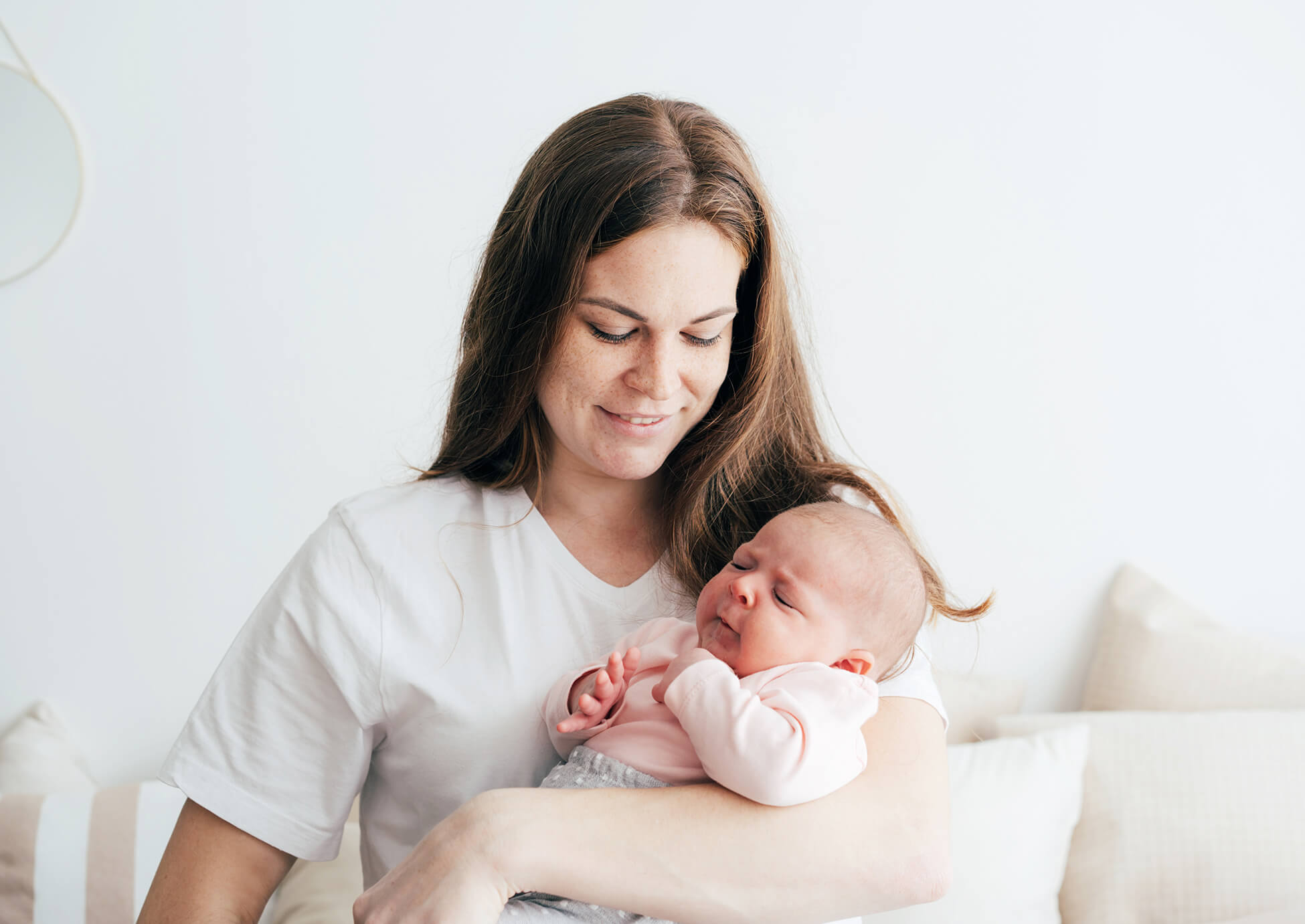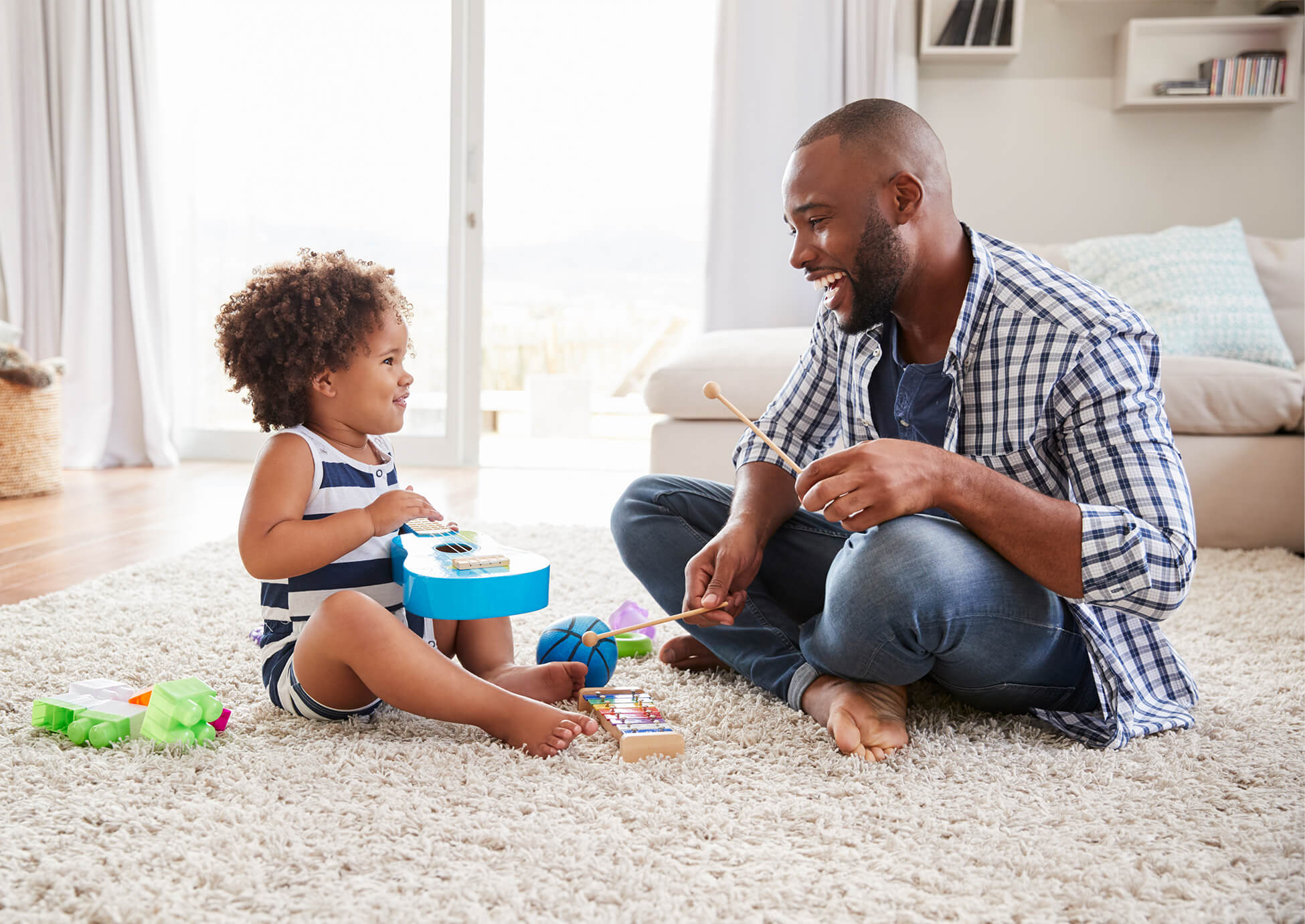Nurturing Presence
What is it, why is it important and what does it look like in pregnancy, birth and infancy
Our babies’ brains, from 0-3 years old, are developing rapidly and are dramatically shaped by relationships. Babies make an astounding one million connections per second in their brain, and every one of those connections is guided by relationships with parents and caregivers. When our baby’s relationships are as nurturing as possible, we build stress regulation, resilience, and health into their brain for lifelong benefits.

By Greer Kirshenbaum PhD
Nurture Neuroscience
What I call, nurturing presence, is the foundation for a relationship that nurtures the infant brain. It is not something for us as parents to do, it is a way of being in the relationship. We start by recognizing that our babies, starting in the womb and throughout the 3 years of infancy, are whole little human beings seeking relationship with us. They need unconditional acceptance and connection from us in all their states and emotions, whether happy, sad, angry, tired, or excited. Our nurturing presence meets and accepts who they are right now and does not try to change them or reject them. We are open to everything our baby is, just as they are.
Our babies and children unconsciously ask four key questions of parents and caregivers. These were created by psychotherapist Katherine Schafer, inspired by conversations with Oprah Winfrey, Toni Morrison, and Maya Angelou. They are:
- Do you see me?
- Do you care that I’m here?
- Am I enough for you, or do you need me to be better in some way?
- Can I tell that I’m special to you by the way that you look at me?
We have a nurturing presence for our babies when they know that the answer to these questions is a resounding YES!
So let’s take a look at some examples of what “nurturing presence” might look like in pregnancy, birth, and infancy.

Greer Kirshenbaum PhD
Nurture Neuroscience
Greer Kirshenbaum PhD is a neuroscientist, educator, doula, infant sleep professional, and author. Greer brings together decades of research experience with years of working with families, to support families to nurture their baby’s brains towards lifelong mental health. Greer is leading The Nurture Revolution to transform the next generation towards health and thriving.
Learn More at Nurture Neuroscience
Nurturing Presence in Pregnancy
Babies can be seen and cared for on an emotional level. This can include:
- Singing and talking to baby – they will recognize parent’s voices and be calmed by familiar songs when they are born
- Reading baby books – babies will pay attention to the book when they are born, a good example of a book is Brown Bear
- Practicing stress reduction – baby’s emotional brain benefits when you practice regular mindfulness, breathing practice, meditation, movement




Nurturing Presence at Birth
At birth babies benefit when we have a nurturing presence right away. This can include:
- Putting baby skin to skin on a parent right away and keep baby skin to skin
- Minimize the swaddle and bassinet and maximize holding baby with a blanket on a parent or loved one’s chest
- Offering eye contact so baby can look at you. When baby looks away give them a break and allow them to come back.
- Softly speaking to baby, tell them how you feel that they are here, sing your special song.
- Taking significant time, hours or days, to be alone with baby before visitors join you.
- Spend days and weeks getting to know your baby, their cues and communication.
Nurturing Presence throughout Infancy
From 0-3 years, we can provide littles with a nurturing presence as much as possible. This can include:
- Acceptance of the full range of our baby’s emotions. They are enough regardless of the amount of stress in their bodies.
- Understanding that we are our baby’s safe place, when they need us they need us. Often they need constant or near constant contact with us for all of infancy.
- Daily baby chats where we are regulated and open, we sit face to face with our baby and make eye contact. We listen for our baby’s communication, return communication and go back and forth in conversation.
- Unconditional support for our baby’s stress where we provide our physical and emotional presence while our baby moves from high stress back to calm. Babies are not able to do this on their own and feeling stress is not manipulation. We do not reject or shame our babies for feeling stress.


Parenting infants is hard work, mainly because they do have a huge range of emotions and they rely on us to know how to support them. We can’t have a nurtured presence all of the time, however, I do recommend you keep these questions handy and have the intention to communicate a YES to your baby as much as you can in pregnancy, birth, and infancy. Your baby’s brain, mind, mental health, and physical health will benefit for a lifetime.



-
Greer Kirshenbaum PhD
Nurture Neuroscience
Greer Kirshenbaum PhD is a neuroscientist, educator, doula, infant sleep professional, and author. Greer brings together decades of research experience with years of working with families, to support families to nurture their baby’s brains towards lifelong mental health. Greer is leading The Nurture Revolution to transform the next generation towards health and thriving.
Learn More at Nurture Neuroscience
Resources like these are provided by American SPCC – a national nonprofit dedicated to building positive childhoods for all children by empowering parents and caregivers with research-backed education and support.
This work is made possible by passionate donors and community advocates. Learn how you can get involved and support the mission here.
Previous Section
